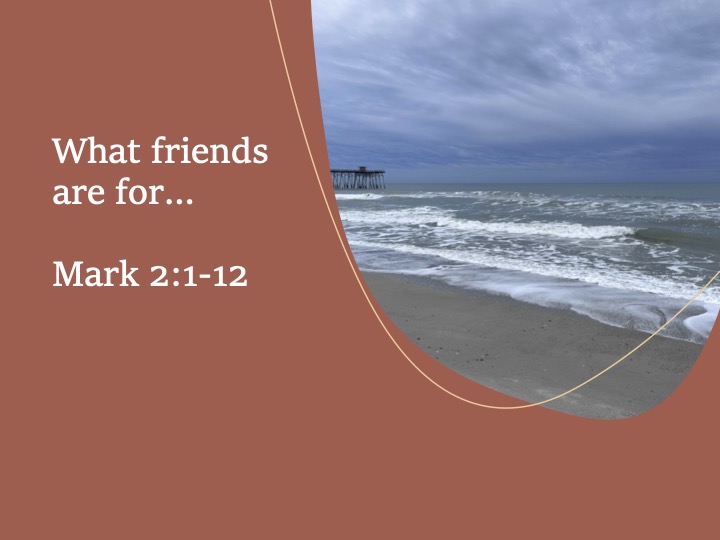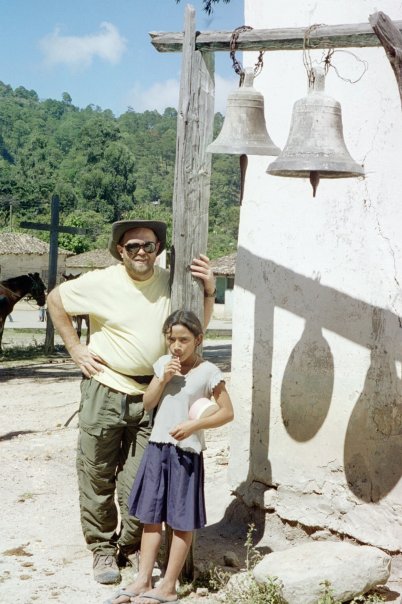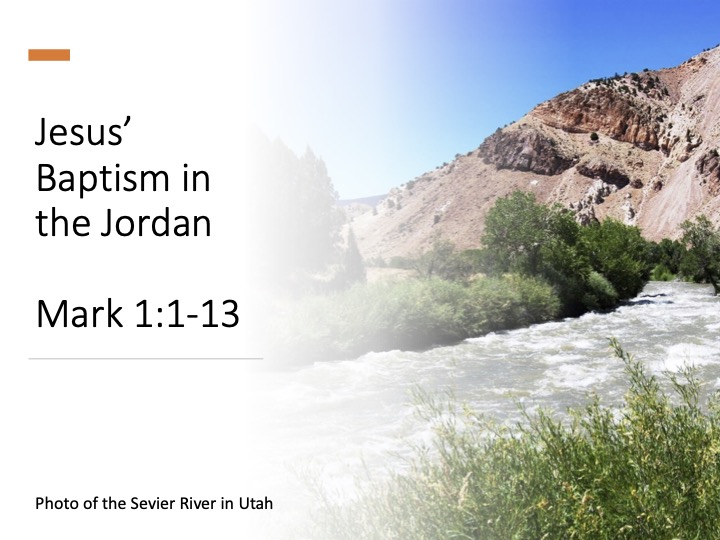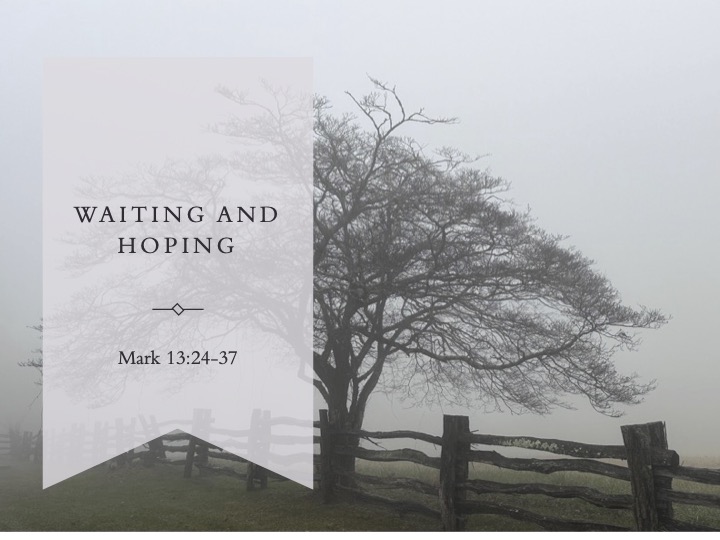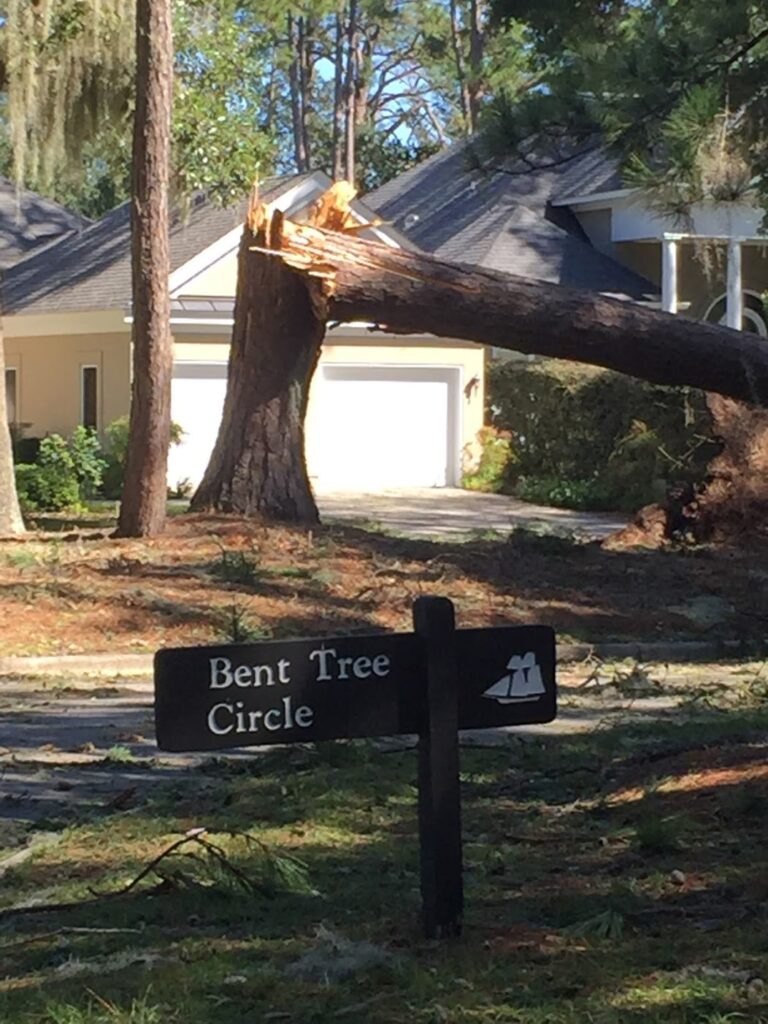Jeff Garrison
Mayberry & Bluemont Churches
March 3, 2024
Mark 2:18-28
At the beginning of worship:
What is the purpose behind laws?
Some people consider laws a burden on personal freedom. After all, why can’t I drive at 90 miles-an-hour. I’m a good driver. Who’s to be harmed? Of course, if we get beyond our narcissism, we know such behavior can harm innocent people. So, we have laws which set boundaries and forbid dangerous behavior. Ultimately, I suggest, laws protects others and benefits society. If we truly looked out for others, there would be little need for laws. But we tend to think of what we want and forget about how we might impact others. So, laws become necessary.
God provides us laws. Think of the 10 Commandments as boundaries. If we get outside the boundary, we can cause harm to ourselves and to others. But inside it, we can enjoy life fully.
Sadly, sometimes we get so hung up on the law itself, that we worship it more than God. Or we use it as a weapon to push agendas which have nothing to do with the original purpose behind the law. We’re going to see this in today’s sermon.
Before reading the Scripture:
As we’ve begun working our way through Mark’s gospel, we have seen a parallel track of events happening. On the positive side, people are excited by what they hear from Jesus. They are in awe of his power, as he heals the sick and frees people of their demonic possession. Words get around. Jesus can’t go anywhere without a crowd gathering.
But as the crowds grows, so does the opposition to Jesus’ ministry. At first, it was evil spirits or demons. Then came the scribes and, as we saw last week, the Pharisees. Next Sunday, we’ll end this section of Mark’s gospel with the Pharisees willing to make a pack with evil, to do away with Jesus.[1] Of course, they won’t accomplish this goal until much later. But the seeds are sown which will lead to Jesus’ crucifixion.
Another thing we’ll hear in today’s reading is what Jesus teaches. In previous encounters, we’re told Jesus taught. Mark, however, hasn’t yet provided details.[2] Instead, we have seen Jesus’ power. But now Mark, in his proclamation of Jesus Christ as the Messiah, tells us some of what Jesus taught. Jesus uses parables and stories and draws on the Old Testament to convey his message.
I’m combining two stories today. They parallel each other so they kind of go together. While I could preach on each passage separately, if I did that for every passage, I won’t get through Mark during 2024!
Read Mark 2:18-28
Our text begins with Mark informing us that John the Baptist, like Jesus, had disciples. These disciples, like John, live the life of a religious ascetic. They avoid the pleasures of life. From what we find in the other gospels, they abstained from alcoholic drinks and only ate what we necessary to sustain life.
In Luke’s gospel, we read of Jesus saying:
“For John the Baptist has come eating no bread and drinking no wine, and you say, ‘He has a demon’; the Son of Man has come eating and drinking, and you say, ‘Look, a glutton and a drunkard, a friend of tax collectors and sinners!’[3]
In our text for this morning and from the one I just read; we see Jesus in a Catch-22 position.[4] He faced a paradox and can’t win. Of course, Jesus was no glutton or drunkard, but neither was he a religious ascetic like John and his disciples. Jesus just can’t please those in powerful positions. By the way, this is by design. By having such silly no-win games, those in power can maintain control.
Many of the Pharisees fasted twice a week. They want to be seen as being good, over and above everyone else. Two things we should note here.
First, Jewish law only required a yearly fast, on the Day of Atonement. Other fasts could be called such as during times of calamity, but nowhere does the law require the frequent fasts as called for by the Pharisees.[5]
Second, regularly and frequent fasting seems to have been a requirement made up by the Pharisees to display their spirituality. They wanted others to see their holiness. Jesus addresses this in the Sermon on the Mount, telling them they have received their rewards as he encourages his followers to pray and fast privately. Jesus is not against fasting, but he is against pride. And perhaps there is nothing more dangerous than religious pride. When we think we’re right, we can be fooled into ignoring the obvious.
Jesus then uses three analogies to make his point. The first is a wedding. No one would think of fasting at a wedding feast. In those day, these celebrations would go for a week with lots of food, drink, and entertainment. Those invited were to enjoy the party. While Jesus doesn’t say he’s the bridegroom in this text, it’s implied. He’ll use this analogy again in a parable found in Matthew’s gospel, as he speaks of his return.[6] Later, the risen Christ will be seen as the bridegroom to the church.[7]
While Jesus is with the disciples, they need to enjoy his company. Then Jesus hints at what will later happen. There will come a time that the disciples will fast, after he’s gone. Of course, those present would not have known what we know, that Jesus will be crucified.
The second and third parables deal with common household examples. You don’t sew on an unshrunk fabric on old cloth, for it will shrink and tear again. Nor do you put new wine in old wineskin, for the fermentation process will cause it to swell and will break the skins. Jesus is doing something new. He launches a new paradigm which require new cloth, new wineskins.
Our next story deals with the Sabbath. As with fasting, the Sabbath laws been added to over the years so that they have become a burden to the people. The disciples were out walking and went through a grainfield. Hungry, they pulled off some of the seed to eat. This was allowed in Jesus law. You could eat from a neighbor’s field; you just couldn’t put the sickle to it or harvest it. But since fast food restaurants didn’t exist, taking a handful of grain was allowed. But that’s not the problem raised. The problem is the taking of grain on the Sabbath.[8]
Jesus responds by recalling a story from the time of David about how he and his men ate bread that had been set aside for the priest. Even in the Old Testament, you were allowed to do certain things of the Sabbath for the safety of others including animals. But the Pharisees, to drive a wedge between Jesus and his followers, accuse them of breaking the Sabbath laws.
Jesus ends his response with a reminder of the Sabbath’s purpose. It was made for us; we’re not made for it. Again, as I said earlier about good laws, they’re for our wellbeing. How can we take care of ourselves and others? When the law becomes a way to show or to prove our holiness, we’ve got it wrong.
Last Sunday, I spoke about how Christians should have joy in our lives. Unnecessary laws help those in power maintain their power, while stripping us of joy. As followers of Jesus, we’re to be guided by two laws: loving God and loving others.[9] When we impose additional religious laws arbitrarily, we’re no better than the morality police of Iran, running around imposing their strict interpretation of the Koran.
The Christian faith is not about rules, it’s about a relationship with God through the Son. And that relationship leads to other relationships as we accept God’s grace and extend such grace to others.
While the law is important, for it helps us to see our sinfulness and guides us as we strive for godliness,[10] it should never overshadow grace. Mark wants us to understand that Jesus is doing something new. And we should rejoice. Amen.
[1] Mark 3:1-6.
[2] See Mark 1:21-22, 2:2, 13. I’ve address the lack of detail as to Jesus’ teachings in these sermons: https://fromarockyhillside.com/2024/01/21/jesus-in-the-synagogue/ and https://fromarockyhillside.com/2024/02/18/good-friends/
[3] Luke 7:33-34. A parallel passage is found in Matthew 11:18-19.
[4] Catch 22 comes from Joseph Heller’s World War 2 novel by the same name. The “catch” was that if you were crazy you didn’t have to go into combat. But, if you knew that combat was crazy, it meant you weren’t crazy, so there was no way out. See https://www.merriam-webster.com/dictionary/catch-22
[5] James R. Edwards, The Gospel According to Mark (Grand Rapids, MI: Eerdmans, 2002), 88.
[6] Matthew 25:1-10.
[7] We see this in Revelation. In 18:23, we hear of the bride and the bridegroom (church and savior) being withdrawn from “Babylon” (which represents Rome). In chapter 21:2, we read of a cosmic wedding. See Douglas R. A. Hare, Westminster Bible Companion: Mark (Louisville: Westminster/John Knox Press, 1996), 41.
[8] See Deuteronomy 23:25 and Morna D. Hooker, The Gospel According to Saint Mark (1991, Hendrickson, 1997), 102-103.
[9] Mark 12:29-31.
[10] The Reformed Tradition traditional speaks of three uses of the law: 1. To bring us into a realization of our sin, 2. To help us strive for godliness, and 3. To create fear in ootherhearts to restrain bad behavior.





